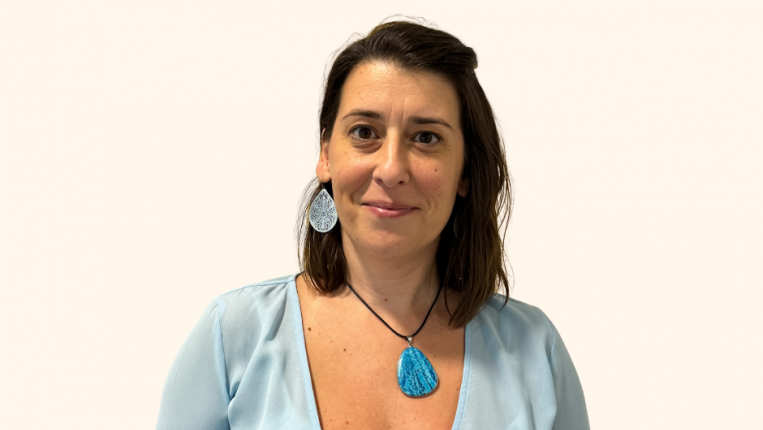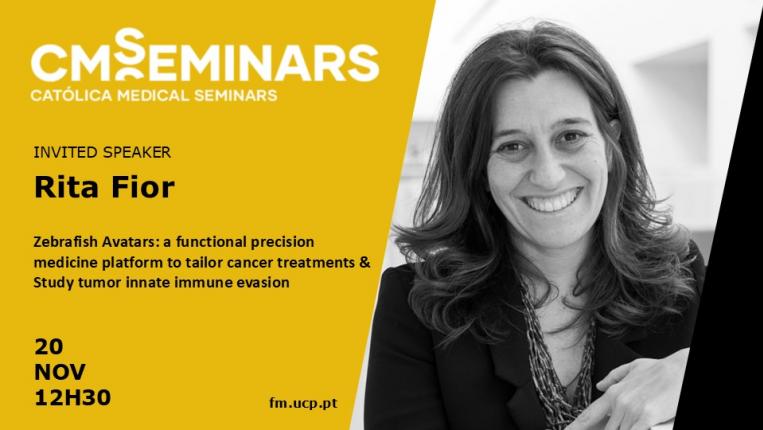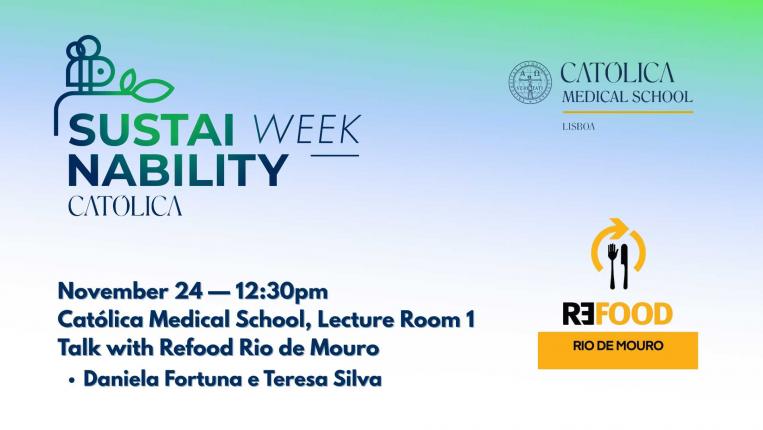The greatest difficulty is usually not quitting, but maintaining abstinence. Just one cigarette "for fun" is enough for the brain to reactivate the same pleasure circuits—and the addiction quickly returns. Therefore, medical monitoring and ongoing support are essential.
Every year on November 17th, we celebrate No Smoking Day — a time to reflect on the risks of tobacco, but also on the real hope of a smoke-free life.
As a family doctor, I have seen many smokers in smoking cessation consultations. It's moving to see how, even after years of addiction, it's possible to successfully quit smoking. The secret isn't just willpower. This is important, but it's not a necessary condition to begin. Today we know, based on robust scientific evidence, that starting treatment before the full conviction of being able to quit can be the decisive step. In other words, a smoker who still doubts themselves but agrees to start medication often has a much greater chance of success than one who waits to be "ready."
There are two main therapeutic options: nicotine replacement therapy and medication that reduces the urge to smoke .
(...)
You can read the full article at Visão.






